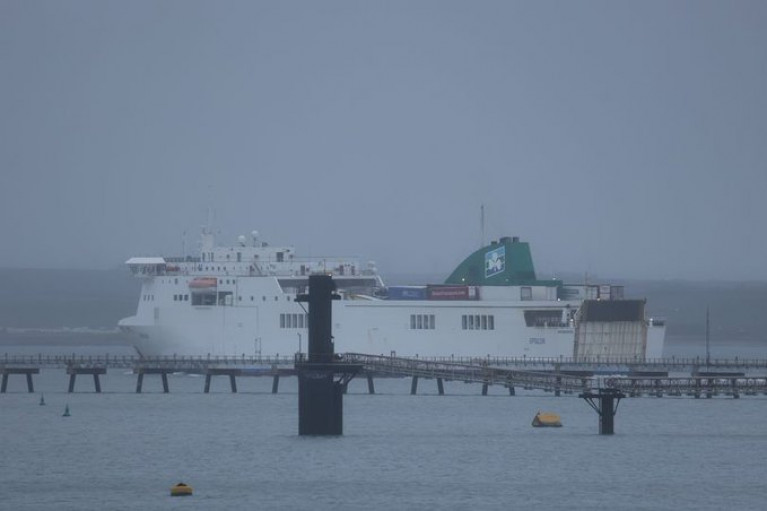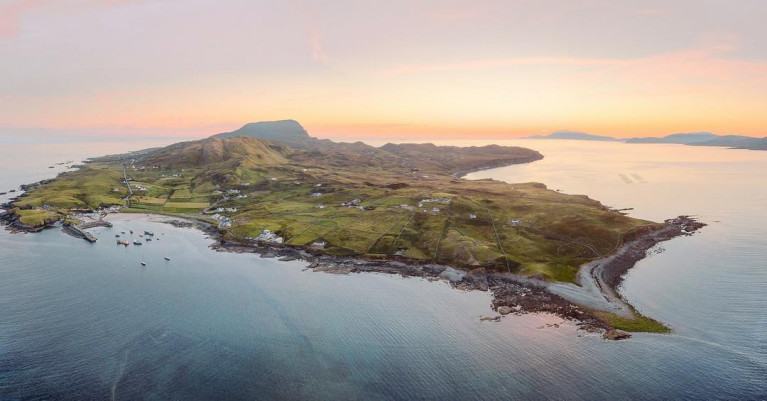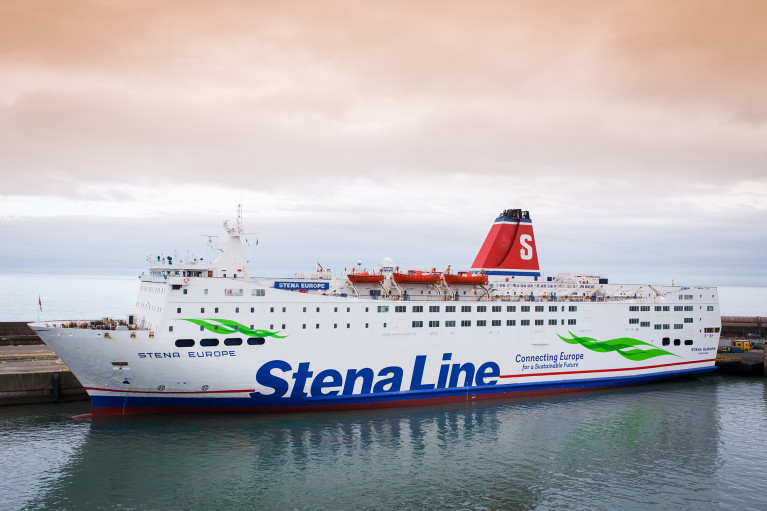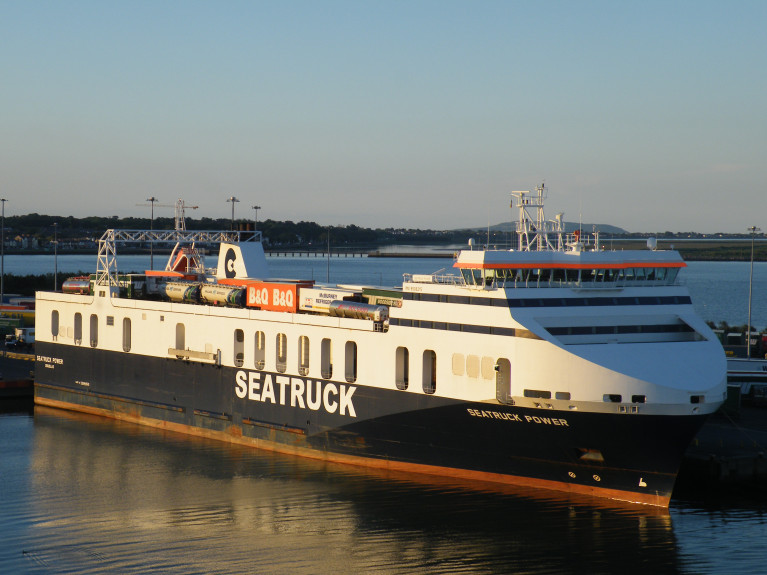Displaying items by tag: Increased Sailings
Increase of Irish Ferries Sailings on Holyhead-Dublin Route
Irish Ferries services have been strengthened on a key Irish Sea route with the return of two daily sailings, reports NorthWalesLive.
The operator have restored a morning and evening service from Holyhead to Dublin which will be operated by the MV Epsilon.
The ship is under charter to Irish Ferries and it had been thought was being returned to its owner this year when the sailings were not included in the summer timetable.
In December a North Wales Live reader found there was no Irish Ferries morning sailing when he tried to book a ferry for his vehicle from Holyhead to Dublin next July with a mid afternoon return.
But both are now available to book and are shown as being operated by the Epsilon.
The ship is currently operating alongside the larger Ulysses vessel on the key route. Both ships will be joined later this spring by the fastcraft Dublin Swift. Irish Ferries have made no announcement about the updated timetable.
The revised timetable may be an indication traffic levels on the Irish Sea are returning to something approaching pre-Covid and pre-Brexit levels.
More here on this story.
Increased Sailings Confirmed for Clare Island Ferry Service
Deputy Alan Dillon, Fine Gael Spokesperson on Tourism & Sport, welcomed confirmation from Rural & Community Development Minister, Heather Humphreys TD, that her Department will be increasing daily ferry sailings to Clare Island.
A tender recently issued by her Department only required a minimum of two return services daily. This meant that something as simple as a medical appointment might require an islander having to sacrifice an entire day to travel to the mainland.
The ferry service will now be increased to four return sailings daily, which should prove a real game changer for people living on the island. In addition to increasing tourism opportunities.
More here reports Mayo Advertiser that follows a campaign by islanders to improve the service
Increased Sailings On Stena Line's Fishguard-Rosslare Route
Ferry company Stena Line has boosted the frequency of its sailings between Fishguard – Rosslare from 14 sailings to 24 every week.
The increase in frequency began yesterday and is good news for the company’s Welsh port of Fishguard, which had seen services reduced due to lower demand from freight and passengers, as a consequence of both the COVID-19 lockdowns and Brexit.
With the easing of lockdown restrictions, and a hope that international tourist travel will resume shortly, Stena Line is anticipating a busy summer. The Fishguard – Rosslare route is particularly popular with tourists as it offers the most convenient option with the shortest crossings between Britain and the Republic of Ireland.
The ‘car-cation’ is expected to be the preferred travel mode this year as more people opt for driving holidays in Britain and Ireland, and where better than the picturesque Welsh coast or Ireland’s ‘sunny South East’.
Paul Grant, Trade Director Irish Sea, says: “It has been a very difficult start to the year for the port of Fishguard and the route across to Rosslare. While the Irish port has boomed due to direct services to France, our Welsh port has been quiet.
“As trade flows between Britain and Ireland begin to pick-up we’re anticipating that confidence will recover for land-bridge freight movements. Shorter, faster and more frequent routes are always popular with hauliers and their customers. In addition, we know that there is a lot of pent up demand for travel and the return of Duty Free onboard will offer even greater value for passengers traveling with Stena Line.”
Seatruck's Sailings Increase On Dublin-Liverpool Route
Freight ferry cargo levels continue to improve with Seatruck as a result the Irish Sea operator has announced the re-introduction of the 15:30 sailing ex Dublin Port on Thursday's and the 03:30 sailing ex Liverpool on Friday's.
This additional round-trip came in practise last Thursday with the ex Dublin sailing.
Seatruck have already reinstated Tuesday morning sailings onto the Warrenpoint – Heysham route. The operator say they continue to monitor cargo levels and evaluate customer feedback to determine the number of sailings required on each route.
The 'P' class vessels (currently operating on the Dublin-Heysham and Dublin-Liverpool routes) can accommodate 12 passengers in single cabins.
As for the 'FSG' class (currently operating on the Dublin-Liverpool and Warrenpoint-Heysham routes) continue to operate with a maximum of 6 passengers per vessel, allowing drivers to have a single cabin for the duration of the voyage.
For further information contact the relevant port for booking information.
In regards to the latest schedule information, follow the link HERE to the 7-day live schedule or download the Seatruck schedule App.
In March due to Covid-19 there was a temporary stop in carrying HGV drivers and passengers on board.
Currently in Dublin Port is Seatruck Power (as pictured above).
In addition Afloat also tracked Seatruck Panorama having left Dublin Bay and ahead further into the Irish Sea is a another 'P' class, Clipper Pennant.
Both these ro-ro freight-ferries this afternoon are bound for Merseyside.
Increased Seatruck Sailings Launched on Dublin-Liverpool Service
#freightferry - Irish Sea freight-only ro-ro operator, Seatruck Ferries has from today increased capacity by adding Tuesday morning sailings on the core Dublin-Liverpool route, writes Jehan Ashmore.
Due to increased demand, Seatruck Ferries new Tuesday morning sailings on the busy central corridor route, will take the service total to 40 sailings per week.
The particular vessel operating this morning's sailing from Dublin Port is the Seatruck Power. The ro-ro freighter which was completed by FSG, Germany in 2012 has a capacity for 150 freight units spread across 2,166 lane metres.
In total, the operator now offers Irish Sea customers 74 sailings per week, allowing for greater flexibility in the shipment of unaccompanied trailers.
The company also operate Dublin-Heysham and Warrenpoint-Heysham. Among the 10-strong fleet is the 65 unit freight ferry Arrow that is on charter to the Isle of Man Steam Packet Co.
The ship which acts as a relief vessel is currently away from Manx waters due to the dry-docking of a freighter from Condor Ferries, the main operator serving the Channel Islands.

































































